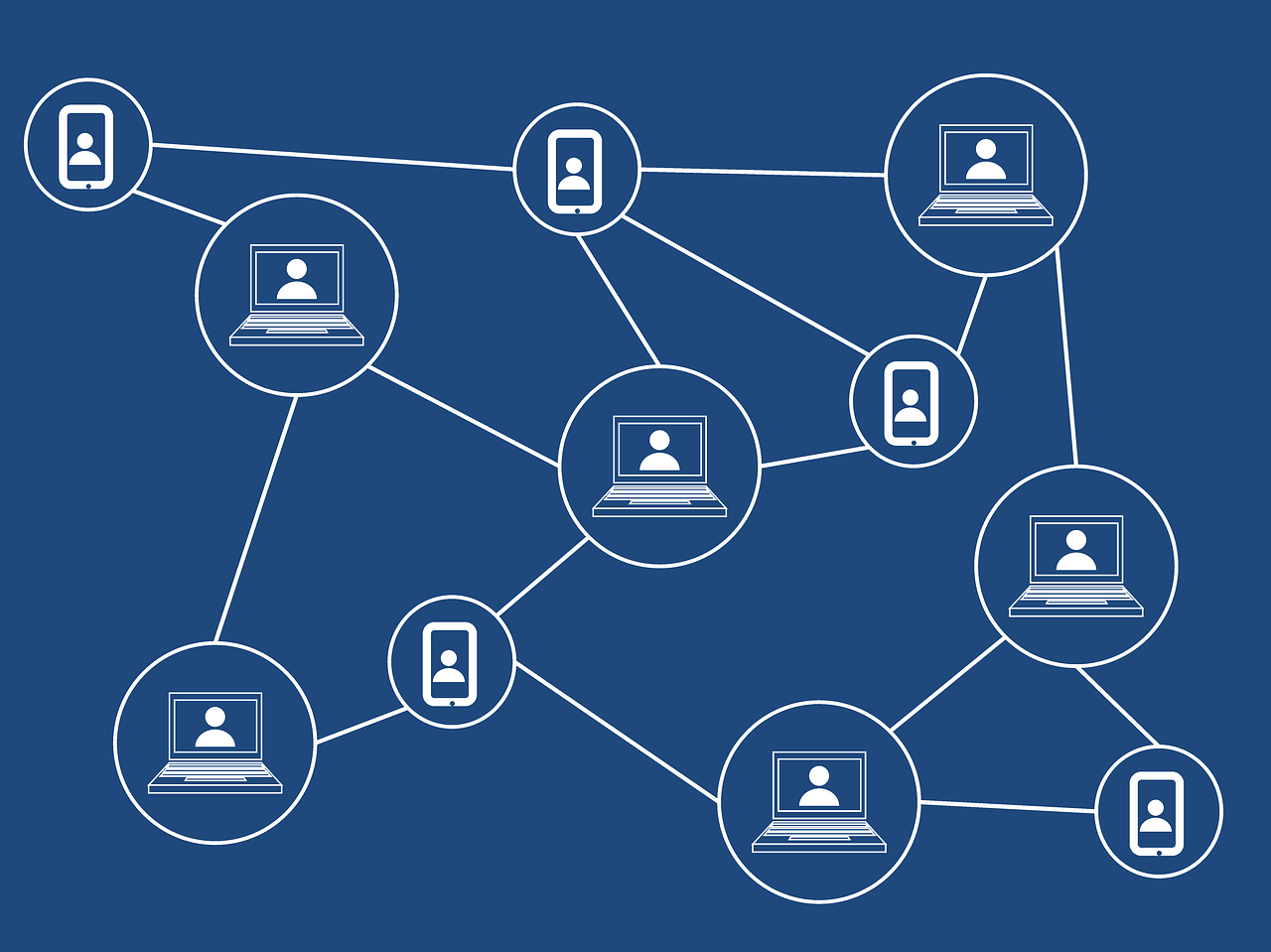
In the last few years, the aviation industry has increasingly adopted blockchain-enabled systems, with experts claiming it is a major business disruptor.
One of the latest companies to have adopted the technology is Russian fuel operator Gazpromneft-Aero, which has recently launched Smart Fuel, a blockchain for aviation refuelling systems.
Dmitry Makarov, who leads the Smart Fuel project, talks about the project, explaining how blockchain could be the key to making aeroplanes’ refuelling processes more seamless.

Credit: Gazpromneft Aero.
Ilaria Grasso Macola (IGM): What is Smart Fuel?
Dmitry Makarov (DM): Smart Fuel is just the name for the product that we have developed, which at the core of is a software-based on blockchain technology. Smart Fuel makes the process of ordering jet fuel by the pilot automatic, rendering all the calculations inside the system and further transaction processes automatic as well.
How well do you really know your competitors?
Access the most comprehensive Company Profiles on the market, powered by GlobalData. Save hours of research. Gain competitive edge.

Thank you!
Your download email will arrive shortly
Not ready to buy yet? Download a free sample
We are confident about the unique quality of our Company Profiles. However, we want you to make the most beneficial decision for your business, so we offer a free sample that you can download by submitting the below form
By GlobalDataIGM: When and how did it come about?
DM: Since 2016, Gazpromneft-Aero has been a member of the IATA Fuel Digital Standards Group.
It’s a special working group inside IATA and Gazpromneft is actually an active participant in creating the digital standards for international jet refuelling. So, the company understands very well what the issues are with the efficiency when it comes to transactions.
The main issue is that everything is on paper and often the day-to-day information is stored in different systems since airlines and jet refuelling companies have their own systems and that are not synchronised.
In 2018 Gazprom Neft started a big project aimed at discovering how modern digital technologies could power the processes of the company. It was then that Gazpromneft-Aero realised that blockchain is the most optimal solution to the issues they were seeing in the industry and in the current refuelling process.
IGM: What are the benefits compared with other aviation refuelling processes?
DM: The first thing that we got to look at are the benefits of the technology itself. As you might have heard, the use of blockchain is a technology that forms mutual trust between the users inside the system. The basic feature of blockchain is that the data inside the system cannot be changed by any participant without the others seeing it.
When making a transaction everyone sees the same numbers, calculations and data. We also use smart contracts, automatic algorithms that cannot be changed by the users.
Blockchain’s basic properties, especially the non-changeability, allows us to remove the human factor, making the process fully automatic.
Another benefit is that we have the ability of seeing online how the refuelling is going and what the outcome is, with every participant – both the airline and the jet fuel supplier – able to trust the data.
In Russia is very common to use prepayment for mutual settlements, with airlines depositing a certain amount of money on the jet fuel operator’s account beforehand.
Blockchain allows us to drop prepayment systems since we trust the technology and trust the data that we see. An additional benefit of this solution is that the pilot can request refuelling using his tablet without leaving the cabin.
IGM: What was the experience at Murmansk International Airport?
DM: The blockchain refuelling at Murmansk Airport has been going on since September 2020, with Gazpromneft-Aero refuelling all the flights of Russian airline Smartavia.
During this time, we have gathered a lot of experience and insights, such as pilots regularly requesting the refuelling process early in the early stages of flight preparation. So even before arriving at the aircraft’s parking sport, fuel operators already have the information from the pilot.
This means that while the passengers leave the plane, the pilot has a couple of minutes to request the jet fuel, just by using his tablet, and then can carry on preparing for the following flight, which is his main responsibility.
That obviously saves a lot of time and allows pilots to concentrate on their direct task.
IGM: Are there plans to export it outside of Europe?
DM: Of course we have plans for expansion, but our top priority right now is the maximum distribution of our solution in Russia. But we don’t want to stop there, we want to offer the solution to international airlines and we would like to expand cooperation with our partners abroad, such as national jet fuel suppliers, with whom we work on a reselling basis.
We know for sure that there is interest in such technological solutions, and we are in talks with our partners in Asia and we’re happy also to discuss it with the players in the European market .







